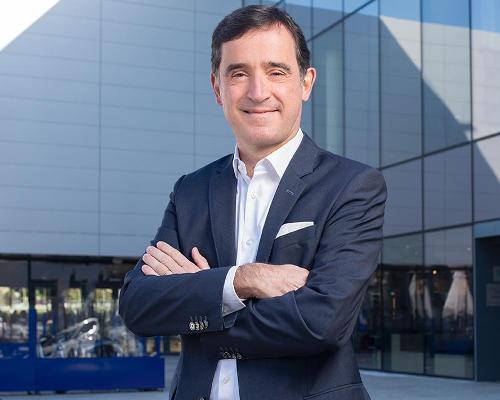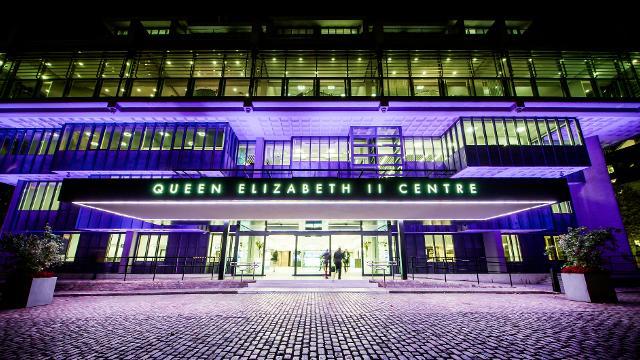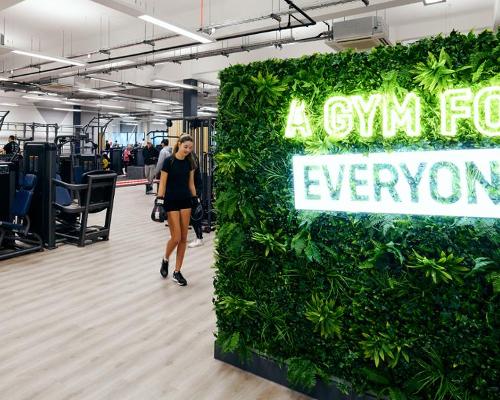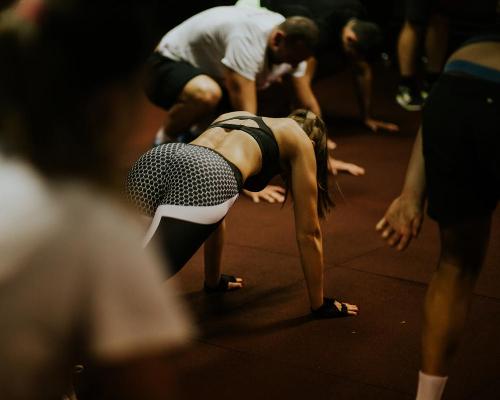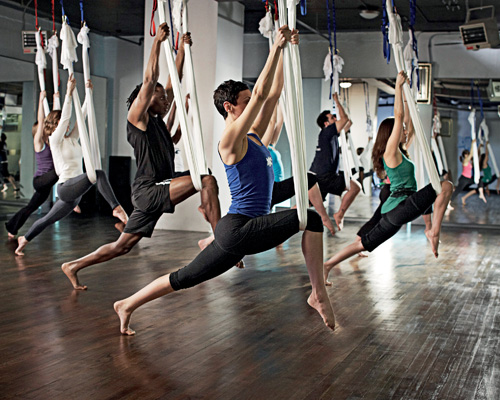Global pandemic – research shows how the fitness sector is responding

Providing digital fitness content is emerging as a critical value driver for health club operators during the coronavirus (COVID-19) shutdown, according to a wide-ranging study on the effects of the pandemic on the global fitness industry.
The study, by brand and consumer insight firm ClubIntel, looked at how operators were reacting to challenges posed by the pandemic in three key areas of fitness operations – employees, members and the community.
Based on an online survey, the report – titled The Fitness Industry’s Response to COVID-19: Insights into the Collective Improvisation, Innovation and Resilience of Global Fitness Operators – collated the responses from a total of 195 operators across the globe.
Approximately 46 per cent of the responding clubs and studios had been forced to close their doors due to COVID-19.
One of the headline findings was that less than half of operators affected by closures were offering membership freezes and in-club credits.
While the survey captured responses from every major geographic region, the US and Australia/New Zealand represented 72 per cent of all respondents. Canada and Europe also had strong representation.
"The reason the geographic distribution is skewed toward the US, Australia/New Zealand and Canada is likely due to the survey only being in English," the report's authors say.
Commercial fitness facilities were responsible for 49 per cent of all responses, followed by boutique fitness studios at 20 per cent and non-profit facilities at 14 per cent.
Here, HCM presents some of the key findings from the report:
How are operators supporting members during club closures?
Around 75 per cent of closed facilities are offering members streaming and/or on-demand group fitness content through a virtual platform and/or offering tips on staying healthy through digital platforms. Approximately 60 per cent are extending virtual fitness coaching content to members.
"The leading engagement strategy being implemented by facility operators while closed (74 per cent of all closed operators) is offering on-demand and/or streaming group fitness content," the report states.
"A second key engagement strategy has been to introduce instructional/coaching content.
"The leading platform for providing virtual content to members is a brand-based mobile app (51 per cent). In this instance, the vast majority are providing this virtual content for a nominal fee.
"Operators stated that the reason these services tend to be delivered for a small fee is to retain some revenue generation during closure. The two virtual platforms operators have leveraged the most are Les Mills at 31 per cent (group fitness-driven platform) and Virtuagym at 39 per cent (coaching and instructional oriented)."
When it comes to providing members with home-equipment bundles, only 20 per cent of operators have considered this, and fewer than 5 per cent have reached out to vendors to arrange special discounts on home equipment for their members.
Some operators commented that they are renting facility equipment to members for home use.
When it comes to ensuring continued contact with members, 78 per cent of closed clubs regularly post tips on staying healthy and active on a club blog, social media pages and/or websites. A further 9 per cent plan to do so over the next three months. Only 6 per cent of the clubs that have closed their doors have no plans to undertake such contact with members.
Membership collections and payment freezes – what are operators doing?
One of the key issues – and a potentially contentious one – is the way clubs deal with their membership payments while their facilities remain shut.
According to the ClubIntel data, less than half (44 per cent) of operators reported offering members a membership or subscription freeze during the time their facility is closed.
Among those facilities offering a membership freeze, 57 per cent report freezing the entire value of the membership (100 per cent), while 22 per cent are freezing dues somewhere between 50 per cent and 100 per cent.
Close to 40 per cent of facilities aren’t offering any freezes on memberships and subscriptions.
In its commentary, ClubIntel says operators who aren't offering any freezes on memberships could be jeopardising the goodwill of their customers.
"When facilities reopen, this (no-freezes) approach to handling dues during closure may generate less than favourable sentiment from existing members, giving cause for not returning to a facility once it reopens," the report's authors say.
What steps are facilities taking to support employees during closures?
The leading strategy adopted by operators to support employees economically seems to be the guarantee of employment once their facility re-opens.
Just a third (37 per cent) are offering staff paid sick leave, while 33 per cent are providing partial compensation to full-time and/or part-time employees during closure.
In respect to other economic benefits for employees, a minority of operators are extending benefits such as extended healthcare coverage, financial incentives to cover basic employee needs or severance compensation for those terminated.
"Considering most fitness operators are small business owners the data gels with the economic reality of nearly all small business owners," the report states.
"Those operators who are offering extended healthcare coverage, financial incentives and/or partial compensation are most likely to be the operators to experience the greatest success upon reopening."
What steps are operators taking to address the needs of the community?
The report shows that the main focus for most operators is to stem the loss of revenues by expanding the base of online subscribers – at the expense of their communities.
"It is evident from the responses that most fitness operators are not focused on serving the community during this crisis, other than reaching out to their communities to offer access to virtual fitness content," the report states.
"Very few operators indicate they are reaching out to support the community by donating time/money to charitable organizations addressing the public need for assistance during then pandemic (14 per cent), and even fewer are offering their facilities to healthcare providers to use for testing or triage (8 per cent). Few if any operators indicate they are considering community-centric actions beyond 90 days."
• To download and read the full report, click here.

Team Leader (Harrow School Fitness Club)
Centre Manager (Leisure)
Director of Operations
Fitness Motivator
Recreation Assistant/Lifeguard (NPLQ required)
Membership Manager
Recreation Assistant
Swim Teacher
Swim Teacher
Chief Executive Officer, Mount Batten Centre
Swim Teacher
Swimming Teacher
Swimming Teacher
Company profile

Featured Supplier

Property & Tenders
Company: Knight Frank
Company: Belvoir Castle
Company: AVISON YOUNG
Company: London Borough of Bexley
Company: Forestry England














